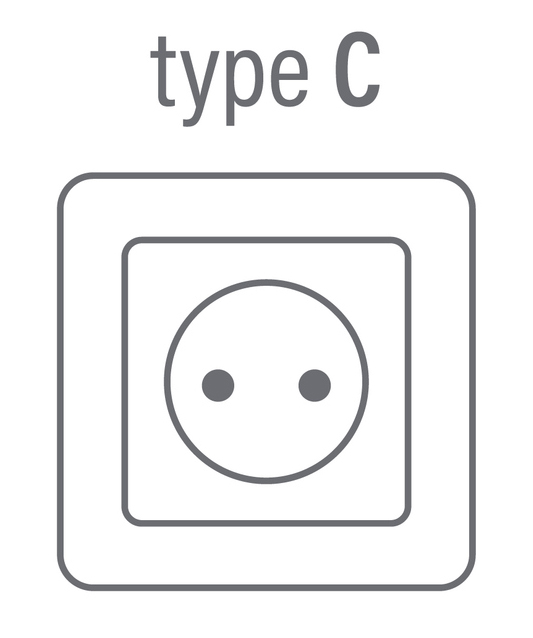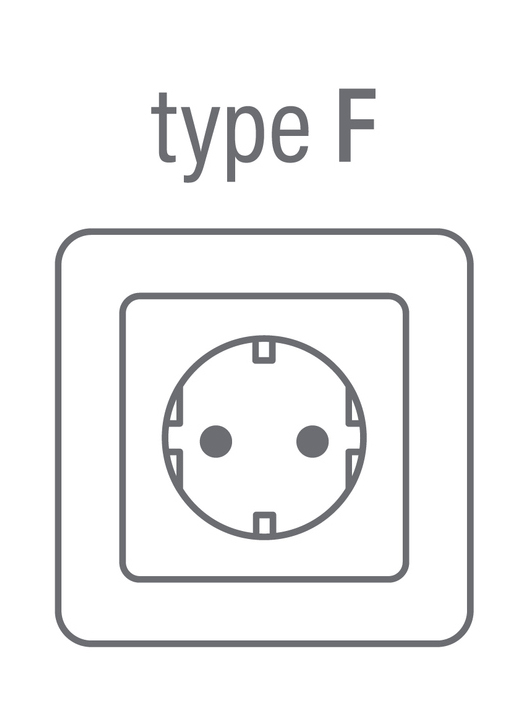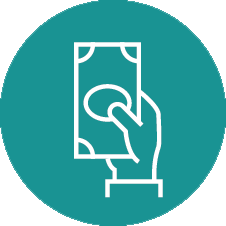Egypt
![]()
TRAVEL INFORMATION QUICK LINKS
Navigate your travels seamlessly with vital information on passport and visa requirements, plug types, currency exchange, and other essential details to make your journey hassle-free.
Stay informed and prepared for your journey with these essential health and safety tips to ensure a smooth and worry-free travel experience.
A handy guide offering suggested tipping amounts to enhance your travel experiences with ease and respect for local customs.
Prepare for your adventure with insights into the weather of your destination, offering valuable information to help you pack and plan accordingly for a comfortable and enjoyable journey.

ESSENTIAL TRAVEL INFORMATION
PASSPORT REQUIREMENTS
- A valid passport with at least six month validity remaining from date of return.
VISA REQUIREMENTS
- For US citizens, a visa is required for entry into Egypt and may be obtained on arrival.
- US citizens arriving from Israel at the Taba border crossing should obtain a visa ahead of time.
- Read more at: US Department of State Profile for Egypt
LANGUAGE
- The official language of Egypt is Arabic.
- English may be understood in touristic areas.
CURRENCY
- The unit of currency in is the Egyptian Pound.
- ATM's are available in touristic areas but may not be available in other parts of the country.
- Most hotels, large retailers, and restaurants accept Visa or MasterCard.
- While local currency is always preferred, US dollars are widely accepted in major tourist establishments and may also be acceptable for tipping.
- It is advisable to have have some local currency on hand for souks or small restaurants.
TIME ZONE:
GMT +2VOLTAGE:
220/240 Volts ACPLUG TYPE:
Egypt uses the Type C and Type F plugs.

IMPORT & EXPORT RESTRICTIONS
- Egyptian law expressly forbids the unauthorized removal of antiquities, including historic coins, ceramics, and architectural elements. Trade, export, and sale of these goods are also heavily restricted.
- You may export small amounts of gold and silver for personal use.
- Drones, regardless of size or intention of use, are strictly prohibited in Egypt. Potential penalties for violating drone restrictions are harsh.
- For detailed import and export regulations, please consult the IATA Travel Centre.

TRAVELERS’ HEALTH & SAFETY
REQUIRED IMMUNIZATIONS
- Although yellow fever is not a risk in Egypt, the government requires travelers age nine months and over arriving from countries where yellow fever is present to provide proof of yellow fever vaccination.
- This includes airport transits or layovers in countries with risk of yellow fever transmission.
- Please visit the CDC.gov website for recommended immunizations to visit Egypt.
OTHER SAFETY NOTES
- It is very important to maintain (or even increase) your daily intake of fluids while in Egypt to avoid the dangers of dehydration, which can occur unexpectedly with Egypt’s extremely dry climate.
- Sun protection such as UVA/UVB sunglasses, a UV-blocking hat, and minimum 50 SPF sunscreen are strongly recommended.
- New polio infections have been identified in Egypt as recently as January 2024. Consult with a travel medicine specialist to determine if this or other vaccines are recommended for your individual itinerary and health circumstances.
- Insect-borne diseases such as dengue, Zika, and tick-bite fever occur in Egypt. Bring bug spray and dress appropriately to avoid bug bites.
- Terrorist attacks are a concern in Egypt. Follow local news and enroll in the STEP program to allow government personnel to assist with evacuation if necessary.
- Harassment of women, including foreigners, is a serious problem and may range from lewd comments to inappropriate touching.
- Remain with your guide in highly crowded areas like souks and temples. Aggressive vendors and scam artists are less likely to be encountered with our guide being present.
LOCAL LAWS AND CULTURAL CONSIDERATIONS
- Accessibility: Except for some hotels and other buildings that have been built under international standards, most public places and public transport are not accessible to those with physical disabilities that affect mobility.
- Laundry: Some desert hotels will not be able to launder underwear due to cultural differences. Pack extra or have these items laundered at a city hotel.
- LGBTQIA+: While the Egyptian government states that same-sex relationships are not criminalized, LGBTQIA+ persons, including tourists, face significant social stigma and discrimination. Harassment, intimidation, arrests, and other forms of abuse, including by police, are not uncommon. Exercise caution regarding public displays of affection.
- Photography: It is illegal to photograph police stations and personnel, military personnel and barracks, and certain other sensitive public buildings including the Aswan High Dam. Additionally, tourist fees may be required to photograph or video inside of certain monuments, and all signage and restrictions on flash use must be followed.
- Police Interactions: Egyptian police and security forces do not require probable cause in order to stop, question, and detain individuals. Failure to carry proper identification, such as a passport, may result in detention and questioning.
- Prescription drugs: Please contact the embassy for specific questions about your prescription medications. DO NOT attempt to bring cannabis-derived products into or out of Egypt. Penalties for drug offenses are severe and include life imprisonment or the death penalty.
- Tap water: Tap water is not potable in all regions. Do not drink tap water without confirming it is safe to drink.

GRATUITIES
- Hotel services: USD $1-2 per service
- Driver: USD $3-5 per day
- Transfer staff: USD $5-7 per day
- City staff: USD $5-7per day
- Security*: USD $2-3 per day
- Egyptologist guide: USD $15-20 per day
- Nile Cruise staff: USD $8-12 per day
- Nile Cruise Resident Guide: USD $20 per cabin per day
- Restaurants: 10% of total bill
*Security guard for groups of 15 or more or by special request

WEATHER
- During the summer months, Egypt experiences very hot weather, especially in the southern part of the country.
- Daytime temperatures often exceed 40°C (104°F) in many areas, particularly in cities like Cairo and Luxor.
- The coastal areas, such as Alexandria, tend to be slightly cooler due to the moderating influence of the Mediterranean Sea.
- Autumn brings relief from the intense heat of summer, with temperatures gradually cooling down. Daytime temperatures range from around 25°C to 35°C (77°F to 95°F) during this period.
- It's generally a pleasant time to visit Egypt, especially for exploring historical sites and enjoying outdoor activities.
- Winters in Egypt are mild, with daytime temperatures averaging between 15°C to 25°C (59°F to 77°F) in most parts of the country.
- However, nights can be cooler, particularly in desert areas.
- Rainfall is rare in most parts of Egypt, although there may be occasional showers, mainly along the Mediterranean coast.
- Spring is another favorable time to visit Egypt, with temperatures gradually warming up.
- Daytime temperatures range from around 20°C to 30°C (68°F to 86°F), making it comfortable for outdoor activities and sightseeing.
- The weather is generally dry and sunny during this season.